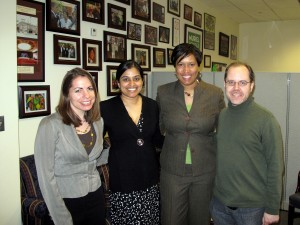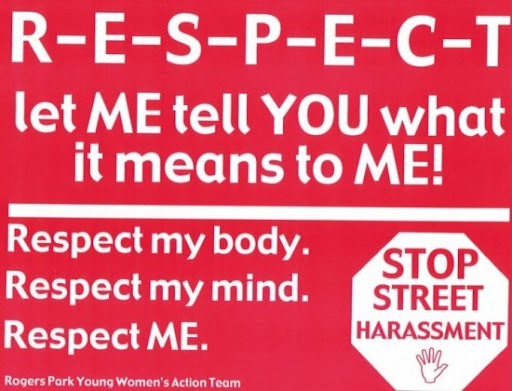Along with few other students, a college student at a university called SZABIST in Karachi, Pakistan, created this PSA as part of a class project. Via email, she sent information about the PSA:
“My class group members and I selected “harassment” as a topic for our gender studies course. The reason we chose this topic was because it is a prevalent problem in Pakistan and almost everyone in the country encounters it on a daily basis. We wished to highlight the issue and create awareness.





 Action against Street Harassment Campaign to convey the message “the streets belong to ALL OF US.” People participated in 140 forms of activism that day. (This in part inspired me to launch
Action against Street Harassment Campaign to convey the message “the streets belong to ALL OF US.” People participated in 140 forms of activism that day. (This in part inspired me to launch